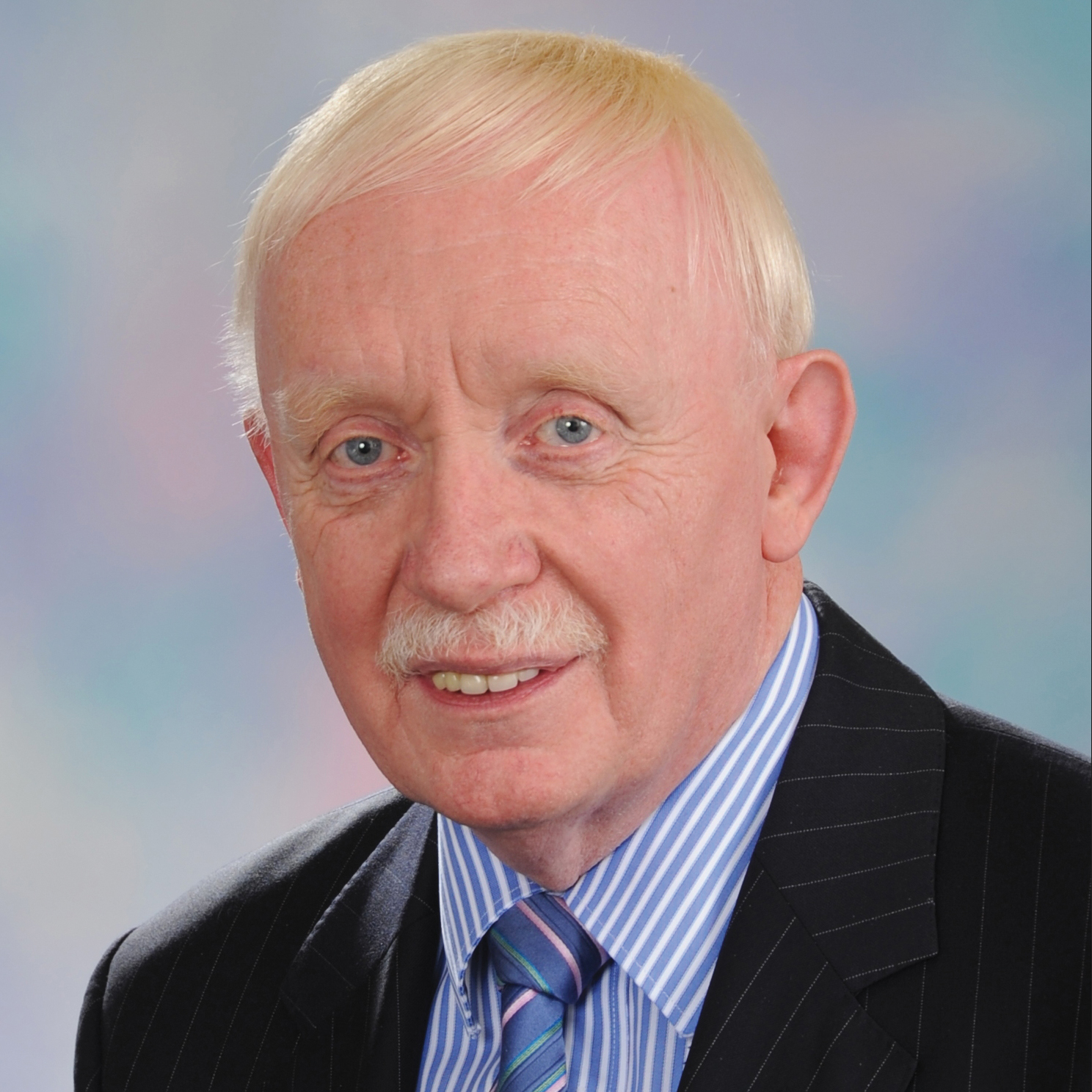A pension legend, Malcolm McLean has just stepped down as a senior consultant with Barnett Waddingham. He has received countless gongs, culminating in an OBE and two awards for outstanding achievement, but as a modest man he does not trumpet such fripperies.
Joining the Department for Work and Pensions straight from school at 18, to bring some money into a family that was going through a bad patch financially, he had a variety of jobs there including a spell working on hospital buildings.
“This is one of the things people don’t appreciate about the civil service: if you have a reasonable degree of intelligence and experience, you can do just about anything,” he says.
Five years on and the FCA is still worried about its workings. Are people transferring out of DB and doing the wrong things?
Malcolm McLean, pensions consultant
Mr McLean made his first foray into pensions at the Occupational Pensions Board, which was replaced by the Occupational Pensions Regulatory Authority, now the Pensions Regulator.
“Someone had to go there and sort it all out and arrange for all the staff to be transferred,” he says.
So he went to Newcastle and did just that, while also working on pensions policy. There he followed the local football team: “We lived next door to a hotel where most of the visiting team stayed. I would often open my front door and see someone like Alan Shearer or Eric Cantona. It was a great time in many ways.”
After two and half years at the OPB, Mr McLean joined the Pensions Advisory Service as chief executive in 1997, until 2010 when he moved to Barnett Waddingham.
Along with people such as former pensions minister Ros Altmann, he had real concerns about the state of the pensions industry.
 “All sorts of terrible things were happening. People were losing their jobs and suddenly finding their pension had gone too. They were left destitute,” he says.
“All sorts of terrible things were happening. People were losing their jobs and suddenly finding their pension had gone too. They were left destitute,” he says.
Although being funded by the government required a delicate balancing act, he “took the side of the workers when I was at TPAS”.
The Pension Protection Fund was the result. In the looming recession, it will be crucial.
Mr McLean, who is agnostic over freedom and choice, says: “Five years on and the Financial Conduct Authority is still worried about its workings. Are people transferring out of [defined benefit] and doing the wrong things?
“All that should have been thought through in advance. We have changed a pension plan into a long-term savings plan. Was it really necessary to do that?
“Annuity rates were poor and people were forced to lock into annuity rates at very poor rates – that was the problem, but the freedoms have not addressed that other than you don’t have to take an annuity,” he continues.
“I would have liked to have seen a debate about setting up a National Annuity Service, similar to National Savings and Investments with a guaranteed decent annuity rate.”
Complexity has bedevilled pensions, according to Mr McLean. He regrets “the inability of people in pensions to speak in a language that the man and woman in the street actually understands”.
He would also like the government, which seems reluctant to push forward on collective defined contribution and the pensions dashboard, to get on with the pension schemes bill.
“We need those things. At the moment it is all or nothing – if the employer closes a DB scheme, he replaces it with a DC scheme,” he says.
“A CDC could bridge the gap, but it has to be handled quite carefully. I think the dashboard is also long overdue.”
Mr McLean is not the retiring type: “I am going to continue writing. I would like a non-executive role or to be on an IGC. I just feel there is still more to do.”

























